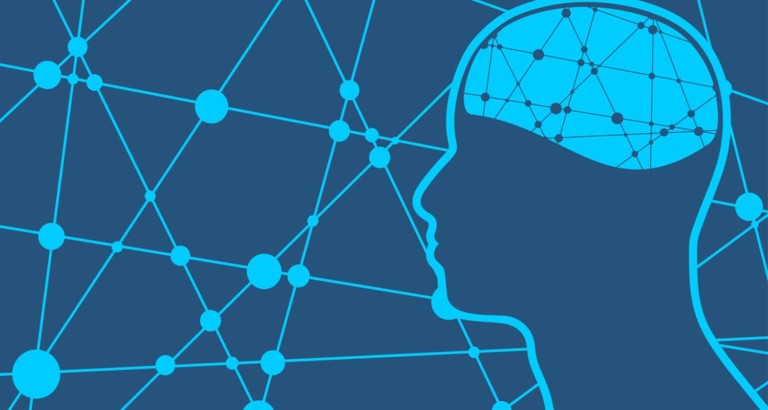
The recent deaths of Kate Spade and Anthony Bourdain have shone the spotlight on depression and other mental health issues. You may be left questioning how you can support a loved one who’s going through a rough time, or how to best deal with your own depression.
Antidepressants are one way that people use to treat the condition. A recent study[ref url=”https://neurosciencenews.com/new-depression-type-9305/”] has found a link between depression and a protein known as RGS8 — a finding that could change the way some of these drugs are formulated and open the door to better treatment.
Related: Get free guides, ebooks, recipes and more to supercharge your health
What causes depression?
The study led by Hiroshima University (HU) questions the leading theory about what causes depression — that depressed people have low levels of the neurotransmitters serotonin and norepinephrine. Study authors note that while 90 percent of antidepressant drugs target these two neurotransmitters, 30 percent of people on these drugs don’t experience relief. Is there something else causing the depression in this group?
MCHR1 may be a root cause of depression
The researchers built on previous findings, which suggest that the protein RGS8 controls a hormone receptor known as MCHR1. RGS8 is involved in the part of the brain overseeing movement and mood regulation, while MCHR1 helps to regulate sleep, feeding, and mood responses.
This new study found that mice with more RGS8 in their nervous system showed signs of less despair than mice with average amounts of RGS8. “These mice showed a new type of depression,” says Yumiko Saito, a neuroscientist at HU. “Monoamines [serotonin and norepinephrine] appeared not to be involved in this depressive behavior. Instead, MCHR1 was.”
Specifically, the researchers noted that RGS8 mice (i.e. the rodents that consumed the drug that stopped MCHR1 from functioning) had less depressed behavior and longer cilia. What does this mean for treating depression? RGS8 could be a promising candidate for new antidepressant drugs because it blocks MCHR1 from functioning, which leads to a better mood response.
Combat depression with brain support
The results point to what we already know — that depression is a hardware issue in the brain. Certain lifestyle tweaks can give your brain the support it needs, hopefully helping ease your depression. Whether you choose to add antidepressants into the mix is entirely up to you and your doctor.
Nutrition
You can curb depression in two ways: decrease inflammation[ref url=”https://www.ncbi.nlm.nih.gov/pmc/articles/PMC5542678/”] and increase nutrient levels.[ref url=”https://www.ncbi.nlm.nih.gov/pmc/articles/PMC2738337/”] The Bulletproof Diet eliminates most food allergens responsible for inflammation, and is high in nutrient-dense veggies, herbs, spices, as well as healthy fats and protein. For more science-back hacks for a stronger brain, read How to Fight Depression Without Medication.
Exercise
Moving your body could help to alleviate depression. [ref url=”https://www.ncbi.nlm.nih.gov/pmc/articles/PMC474733/”] Specifically, high-intesity interval training (HIIT) naturally increases your levels of brain-derived neurotropic factor (BDNF), a compound that increases the production of new neurons and neuronal connectivity, which decreases symptoms of depression.[ref url=”https://www.ncbi.nlm.nih.gov/pubmed/11148895″]
Boost your mood with supplements
Modafinil (Provigil): Modafinil is a powerful nootropic used to boost mood without causing withdrawal and with low risk of dependence.[ref url=”https://jamanetwork.com/journals/jamainternalmedicine/fullarticle/485215?resultclick=1″] You will need a prescription for modafinil. Read more about it here.
Vitamin D3: Vitamin D activates genes to balance your hormones specifically. Low vitamin D is linked with depression.[ref url=”https://www.ncbi.nlm.nih.gov/pubmed/23065655″] Some people find that supplementing with it improves mood.[ref url=”https://www.cambridge.org/core/product/identifier/BJP/type/JOURNAL”]
Dose: 1000 iu per 25 lbs. bodyweight, taken in the morning.
Recommended Brand: Vitamins A-D-K (Vitamins A, D, and K work together to support bone, heart, and immune function.)










